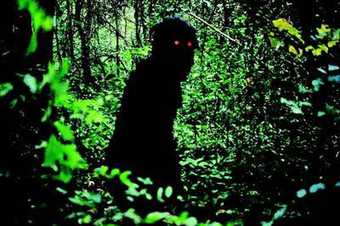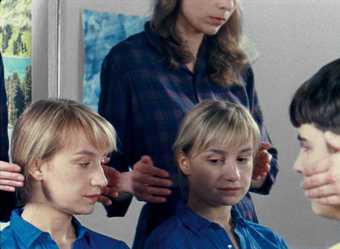Suffering from acute kidney failure, Uncle Boonmee has chosen to spend his final days surrounded by his loved ones in the countryside. Surprisingly, the ghost of his deceased wife appears to care for him, and his long lost son returns home in a non-human form. Contemplating the reasons for his illness, Boonmee treks through the jungle with his family to a mysterious hilltop cave – the birthplace of his first life...
Uncle Boonmee who can Recall his Past Lives is the feature film element of Apichatpong Weerasethakul’s Primitive project (that was aquired by Tate in 2011), which deals with ideas of extinction and the recollection of past lives. Apichatpong Weerasethakul’s film won the Palme d'Or, Cannes Film Festival 2010.
Uncle Boonmee who can Recall his Past Lives (Loong Boonmee Raleuk Chaat) is produced by Kick the Machine Films, Illuminations Films, Anna Sanders Films with Eddie Saeta (SA), GFF Film-und Fernsehproduktion KG and The Match Factory.
Apichatpong Weerasethakul (Thai, born 1970) is independent film director, screenwriter, and film producer who has come to be recognised as one of the most original voices in cinema today. His five feature films, short films and installations have won him widespread international recognition and numerous festival prizes, culminating in the winning of the Cannes Palme d'Or in 2010 with Uncle Boonmee Who Can Recall His Past Lives. His previous feature Syndromes and a Century (2006) was recognised as one of the best films of the last decade in several 2010 polls. Since 1998, Apichatpong’s installations have included the multi-screen project Primitive (2009), which was complemented by Uncle Boonmee and which has been acquired for major museum collections and was presented at the Haus der Kunst, Munich; the Musée d'Art Moderne de la Ville de Paris and The New Museum, New York among others.


